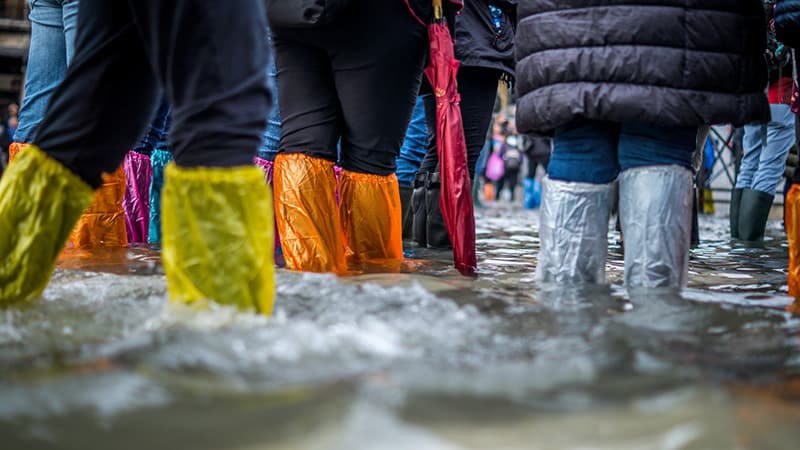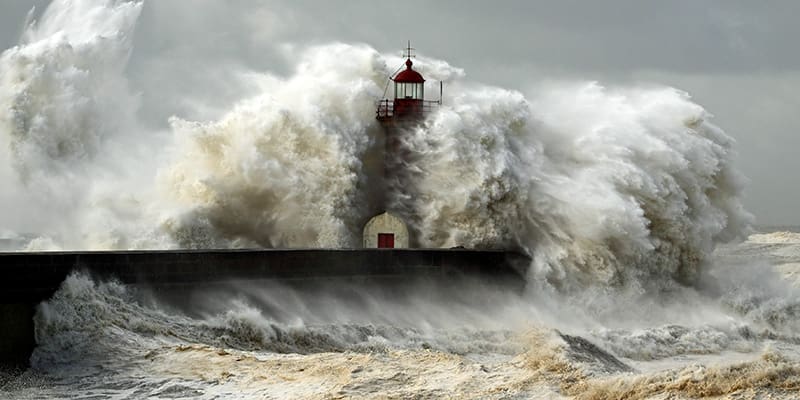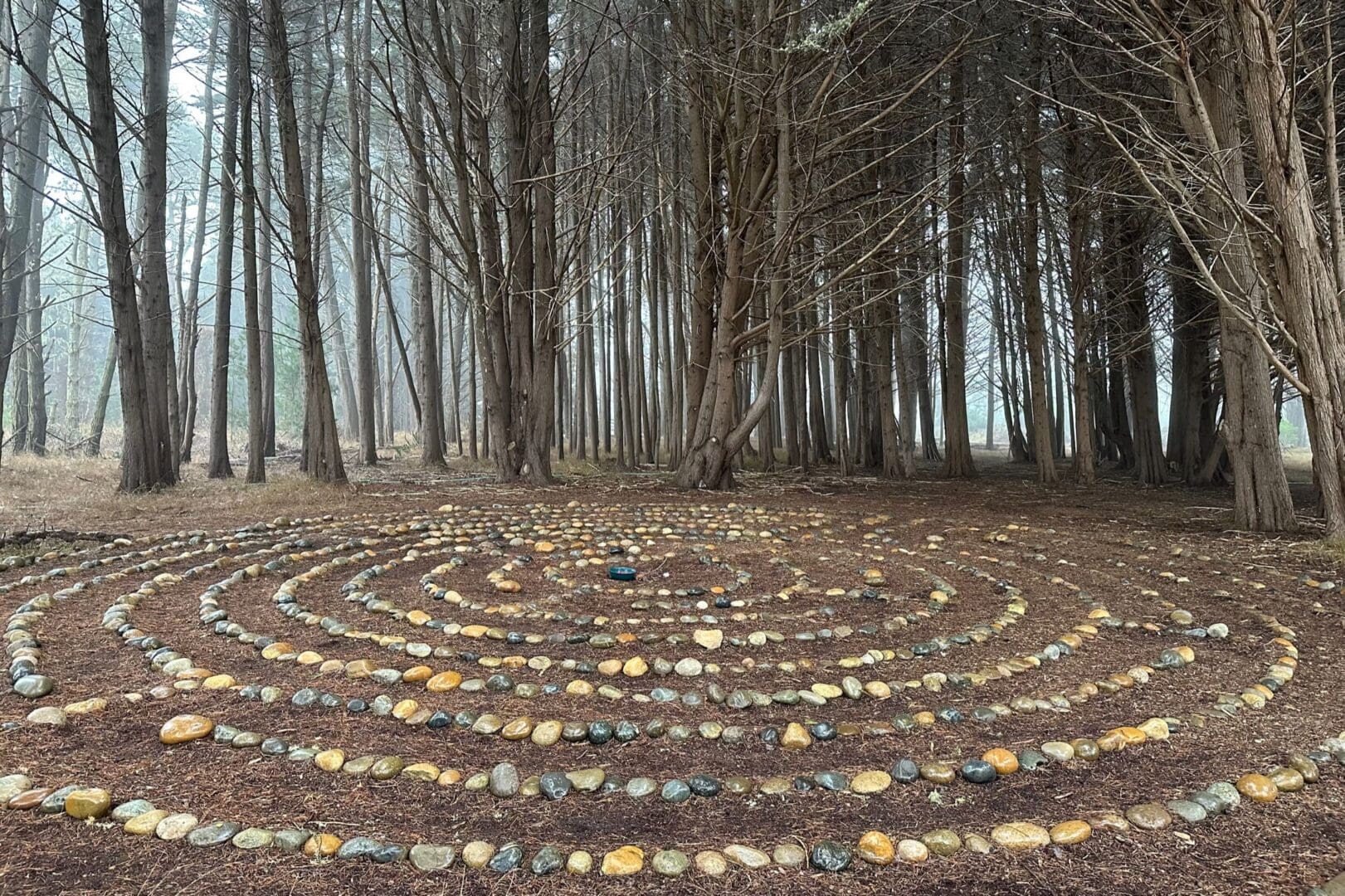 As a general rule, we don’t cover politics at The New School. That said, we appear to be at a turning point in political discourse both in the United States and in Europe. The approach I take here is not a partisan one, but rather a reflection on how we balance our commitments to soul and polis in turbulent times.
As a general rule, we don’t cover politics at The New School. That said, we appear to be at a turning point in political discourse both in the United States and in Europe. The approach I take here is not a partisan one, but rather a reflection on how we balance our commitments to soul and polis in turbulent times.
In both Europe and the United States, uncontrolled immigration is bringing tectonic challenges to national political cultures. It is clearly true, of course, that the United States and the European Union bear a heavy responsibility for creating the conditions that are causing unprecedented numbers of people to flee their homes and risk their lives. On both sides of the Atlantic, walls are going up to stop illegal immigration. But on both sides of the Atlantic, centrist policies are being weakened by attacks from left and the right. On both sides of the Atlantic, working and middle class white communities feel their livelihoods and identities threatened by immigrants.
The United States is arguably better than any other country in the world at assimilating immigrants. European countries are far less good at this, and most Asian and African countries no better. Yet large waves of immigrants have historically raised fear of inundation. We are in the middle of another wave of these fears.
From the perspective of the European press, there is a widespread fear of an American authoritarianism. Daniel Ellsberg, who released the Pentagon Papers in 1971, recently remarked, with respect to Edward Snowden’s revelations, that while we have not yet entered a totalitarian state, the levers of such a state are now in place.
This election cycle offer us an extraordinary debasement of political discourse. The next ten months will be filled with a level of toxicity in the media that has few recent precedents.
We are drawn into this media toxicity by the issues we care deeply about — but also by a certain horrified fascination. It is worth reflecting on how deeply we want to allow this toxicity to permeate our lives. It is one thing to engage in actions that protect our core values. It is another thing to give our horrified fascination free rein to pull us ever deeper into a swamp of despair.
The question I would pose to you is, “how do you hope to live skillfully through the coming year?” I find myself choosing to spend more time in nature. I continue to spend time with culture that nourishes me. And I seek to sustain the quiet necessary for an inner life.
Nature, culture, the inner life — these are the three preoccupations we share in The New School. So when the toxicity is more than you can handle, or a sense of despair threatens you, ask yourself whether you are following the true star that beckons you in these difficult times.
The Chinese sages were conscious of when they could serve their states and when they should retreat to mountain refuges. The balance of service to the polis and service to the soul has always been a delicate one. I am not proposing quietism. I am suggesting that we each consider how we live consciously through these times.
Michael



